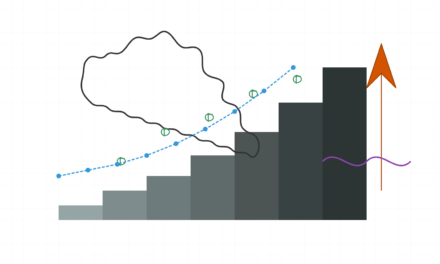Let’s cut through the noise. The Massachusetts Attorney General and the state’s Gaming Commission are trying to stop Kalshi from offering its sports-related event contracts, arguing they’re illegal gambling. Robinhood, which facilitates these transactions for its users, is directly implicated. Rather than joining the existing state court battle—a direct and honest path—Robinhood filed its own lawsuit in federal court.
Why? It’s simple: preemption.
The crux of the matter is whether the Commodity Exchange Act (CEA), which grants the CFTC regulatory authority over exchanges like Kalshi, preempts or overrides state laws. In other words, does federal law trump state law here?
In a state court, Robinhood would have had to prove complete preemption—a notoriously high bar. This requires demonstrating that federal law is so dominant it leaves no room for state law to operate in the same area. It’s a complex, uphill battle.
In federal court, however, the burden is lighter. Robinhood simply needs to argue that federal law preempts state law, a much more navigable legal challenge. It’s a masterstroke of legal maneuvering—a move that prioritizes a favorable court over a fair fight.
The Inevitable Showdown: A Game of Regulatory Catch-and-Release
Robinhood’s complaint is transparently self-serving, and it’s not even trying to hide it.
First, it states that while Robinhood facilitates the trades, the contracts themselves live on Kalshi’s CFTC-regulated exchange. This is a classic « we’re just the messenger » defense. Robinhood is trying to create a firewall, arguing that their platform is merely a conduit to a federally regulated marketplace. This is a crucial distinction and the entire basis of their argument.
Second, Robinhood claims it faces a « real and imminent threat » of legal action from Massachusetts, citing the state’s explicit references to their platform in the lawsuit against Kalshi. This is the pretext for their preemption claim. Robinhood is arguing they « had no choice » but to sue to protect their customers and business. A melodramatic overstatement, to be sure. They had a choice: to face the music in state court or to exploit a legal loophole. They chose the latter.
Third, the complaint directly asks the federal court to block Massachusetts from enforcing its laws. This isn’t about defending a right; it’s about proactively tying the state’s hands.
This is a microcosm of a larger systemic issue. The online gambling and iGaming industries operate in a regulatory gray zone, where companies routinely use legal loopholes and strategic jurisdictional plays to expand their reach. Robinhood’s actions expose the deep fissures between state and federal oversight, particularly in emerging markets like event contracts. The real question isn’t whether sports-related contracts are gambling—the market thinks so, and so does the Massachusetts AG—but who gets to decide.
This isn’t about protecting the consumer. This is about securing market share and avoiding reputational damage while the industry fights a deeper war over jurisdiction. Robinhood’s gambit, while clever, is a symptom of a much larger regulatory chaos that only rewards the most aggressive and well-funded players. The rest of us are just spectators in their high-stakes game.
Disclaimer: This article and its accompanying images may have been enhanced using AI tools to ensure smoother content delivery and visual appeal.





